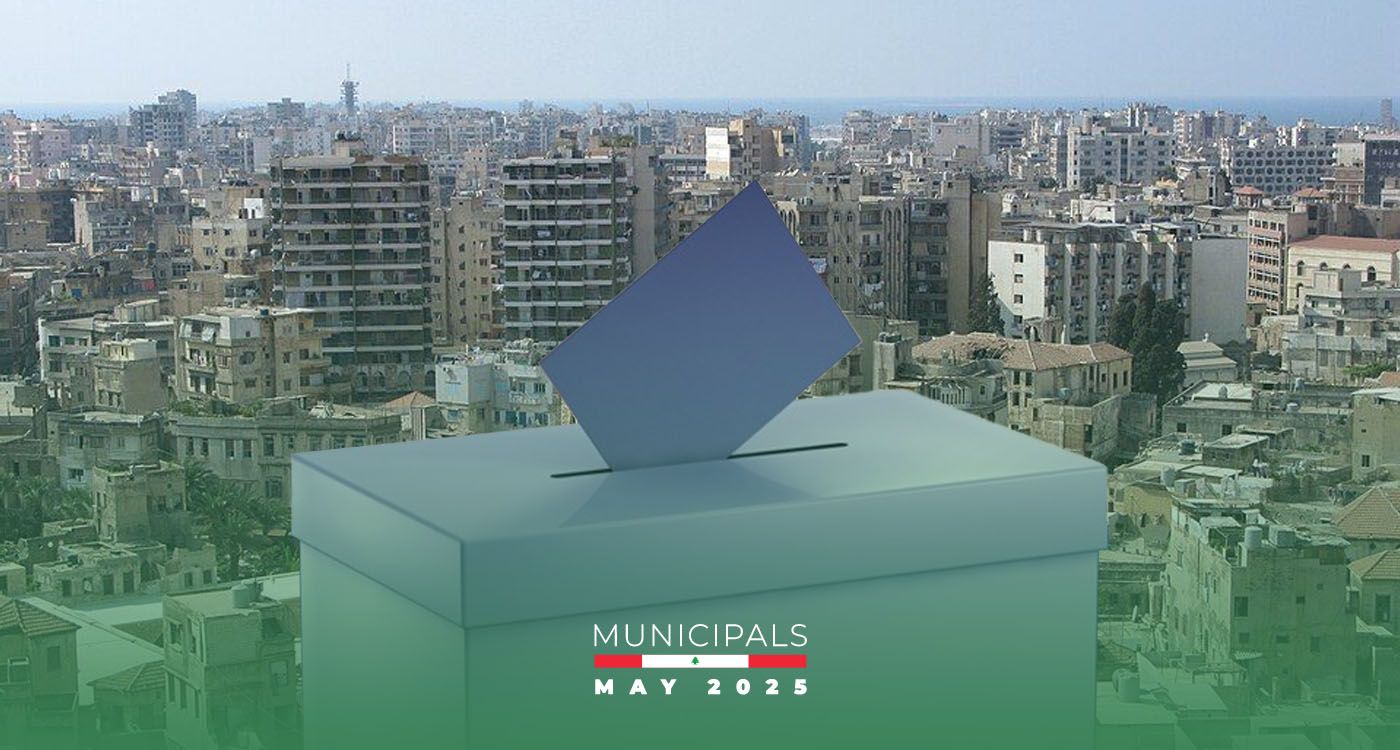- Home
- Highlights
- Tripoli’s Municipal Battle: Power Gaps and Fractured Alliances

Tripoli gears up for May 11 polls as candidates compete amid fractured alliances, rising tensions and calls for fair representation. © Vyacheslav Argenberg
Tripoli district is gearing up for pivotal municipal elections on May 11, with 359 candidates competing across Tripoli city, al-Mina and Beddawi.
In Tripoli municipality, 187 candidates are vying for 24 council seats in what observers call the city’s most fragmented and unpredictable race in decades. Al-Mina sees 69 candidates competing for 21 seats, while Beddawi has 38 candidates contesting its 18-member council.
This election marks the first real test of Tripoli’s political landscape following the exit of former Prime Minister Saad Hariri and the fragmentation of traditional Sunni heavyweights like Najib Mikati, who has stepped back from the elections. Hariri’s Future Movement has distanced itself from the fray, while Dar al-Fatwa has also refrained from endorsing any particular list.
A Struggle for Direction – and Representation
Adding to the complexity is a surge in independent and civil society candidates, though their dispersion across multiple lists threatens to dilute their impact. Yet deeper anxieties are surfacing, as political actors warn that Tripoli’s Christian and Alawite minorities risk being shut out from municipal power altogether. In Tripoli municipality specifically, the 24 seats have traditionally followed a social convention: 1 Maronite, 2 Orthodox and 2 Alawite seats, with the remainder Sunni.
But amid the fierce contest between numerous Sunni-dominated lists, fears are growing. Observers warn that voters may cross out minority candidates in favor of Sunni names. The last council was entirely Sunni, excluding minorities, despite public sentiment favoring their inclusion. Figures like MPs Faysal Karameh and Ashraf Rifi have publicly called for safeguarding minority representation, yet even they have done little to ensure that Christian and Alawite candidates win seats this time.
Key Withdrawals Narrow the Race
Two figures who initially considered running have withdrawn from the race. Retired Brigadier General Mohammad al-Fawwal reportedly stepped aside after consultations with MP Karameh, while Ahmad al-Zouq withdrew following a request from MP Rifi. Their withdrawal came after internal disputes among key political players over candidate selections.
Tripoli’s Main Contest: Tripoli Vision Faces Nasij Trablos and Hurras al-Madina
The competition in Tripoli has crystallized around three main lists, all carrying an Islamic character, whether directly or subtly.
Tripoli Vision, headed by Abdelhamid Karimeh, is seen as the most formidable, backed by an alliance between MPs Rifi, Karameh, Taha Naji and Karim Kabbara. The list promotes development for Tripoli and North Lebanon and is considered closest to forming a consensus. The main financial backer behind Tripoli Vision remains al-Ahbash.
Facing them is Tripoli’s Fabric (Nasij Trablos), led by Wael Zmerli, featuring a mix of activists and charity workers and backed by MP Ihab Matar and the Omran Association.
The third key list is the City’s Guardians (Hurras al-Madina), headed by Khaled Omar Tadmari, which includes figures linked to the October 17 uprising. Sources confirm that it has the backing of al-Jamaa al-Islamiya, with two of its candidates directly affiliated with the group, and Tadmari is also close to it.
Other contenders include Saving Tripoli and For Fayhaa (Lel Fayhaa’), led by Samer Dabliz and made up of experts and activists. Another list is Tripoli Women’s Solidarity (Tadamon Nisaa’ Trablos) made up of 13 female candidates calling for increased women’s representation.
While all the lists claim to represent the people of Tripoli and field well-educated candidates, there is growing critique that none have introduced a fresh, forward-looking leadership that could truly shift the city’s political direction. Despite competition, sources say there’s a real possibility that the three main lists may blend in the final municipal council lineup.
Al-Mina: Christian Seats at the Heart of the Battle
In al-Mina, the competition has splintered into two major camps, with sectarian balance again a central issue. Historically, al-Mina held seven Christian seats, but the current council only has two. With a large Christian population still residing in al-Mina, efforts are underway in this election to restore at least five to seven Christian seats. Anything less is seen by community leaders as a loss.
Two main lists are shaping the contest: Soul of al-Mina (Rouh al-Mina), led by Amer Haddad and reportedly backed by Rifi, and Al-Mina First (Al-Mina Awwalan), led by Fadi al-Sayyed with backing from MP Ihab Matar. Al-Mina, A Beacon (Al-Mina Manara), likely headed by Abdallah Kabbara, is also in the race.
The main battle in al-Mina is said to be between al-Ahbash and al-Jamaa al-Islamiya, with a parallel struggle among Christian factions themselves. The proliferation of lists – combined with intense sectarian and political competition – is making the outcome even harder to predict.
Beddawi: A Two-Way Contest
In Beddawi, the race has narrowed to two main lists. New Generation (Ahed Jadid), led by Said Omar Oweik, marks the return of a figure who presided over Beddawi’s municipality 23 years ago and has ties to al-Jamaa al-Islamiya. On the other side is Development and Hope of Beddawi (Enmaa wa Amal Beddawi), headed by current municipal president Hassan Ghamrawi, who emphasizes his list’s reliance on family endorsements and local support rather than partisan affiliations.
Deeper Currents Behind the Race
As Tripoli heads toward the ballot box, the stakes are not only about local development but also about restoring the city’s historical multi-sectarian character. Political actors warn that if Christian and Alawite minorities are again excluded from municipal power, Tripoli risks deepening its internal divides. Public sentiment remains strong in favor of preserving minority representation, but political mechanics and voter behavior could still derail that goal.
All eyes are now on May 11, as the outcome promises not only to reshape local power in Tripoli, al-Mina and Beddawi but also to ripple through Lebanon’s broader Sunni political arena at a time of national flux.
Read more




Comments